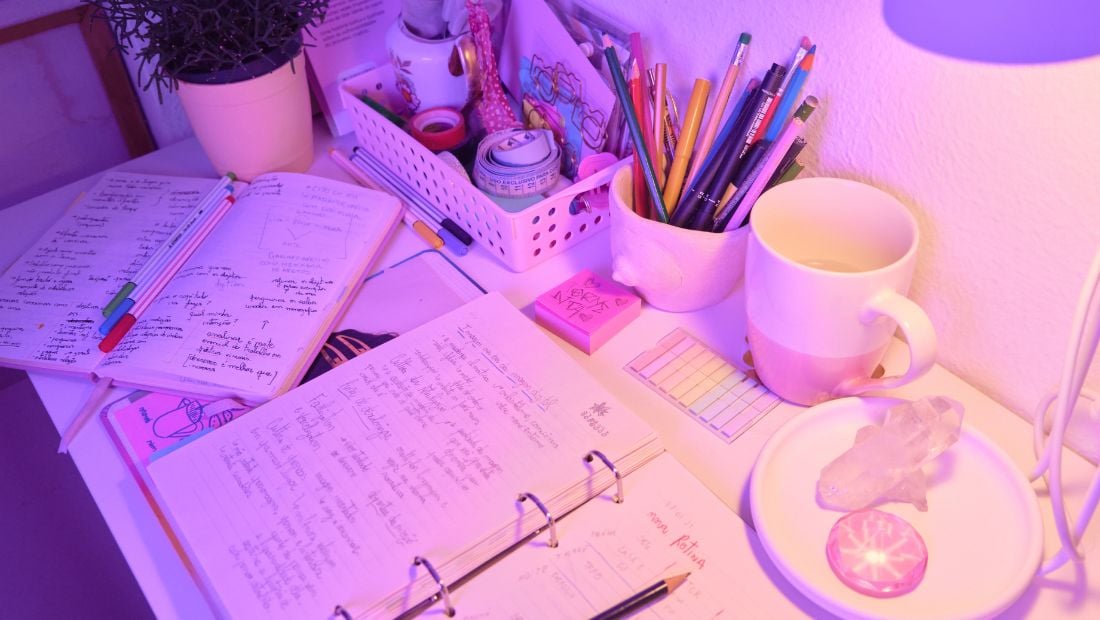5 Study Tips To Help You Get Through The Semester
As a student, studying can sometimes feel like a daunting task. With so many distractions around us, it’s easy to lose focus and fall behind in our coursework. However, with the right study techniques, anyone can improve their performance and succeed academically. Here are the top 5 study tips for students:
1. Set goals and make a study plan
Setting clear goals is essential for effective studying. You need to have a clear idea of what you want to achieve and how you plan to achieve it. Start by breaking down your larger goals into smaller, manageable tasks. Then, create a study plan that outlines when and where you will study, how long you will study, and what specific tasks you will accomplish during each study session.
2. Find a suitable study space
Your study environment can greatly impact your productivity and concentration. Find a quiet, distraction-free area where you can study without interruption. Make sure your study space is well-lit, comfortable, and equipped with all the necessary materials, such as textbooks, notes, and stationery.
3. Stay organised
Staying organised is key to academic success. Keep track of your assignments, deadlines, and study schedule in a planner or digital calendar. Use colour-coding and labelling to make it easier to find what you need. Keep your study materials in one place, so you don’t waste time searching for them.
4. Use active studying techniques
Active studying involves engaging with the material actively rather than just passively reading or listening to it. Some examples of active studying techniques include creating flashcards, summarising notes in your own words, practicing problem-solving, and teaching the material to someone else.
5. Take breaks and prioritise self-care
Studying for hours on end can lead to burnout and decreased productivity. It’s essential to take breaks and prioritise self-care. Take short breaks every hour or so to stretch, walk around, or do something you enjoy. Get enough sleep, eat nutritious meals, exercise regularly, and practice mindfulness or relaxation techniques.
In conclusion, effective studying requires discipline, organisation, and self-care. By setting goals, creating a study plan, finding a suitable study space, staying organised, using active studying techniques, and taking breaks, you can improve your academic performance and achieve your goals. Remember, studying is a journey, and it’s okay to make mistakes along the way. Keep these tips in mind, stay motivated, and you’ll be on your way to success!






